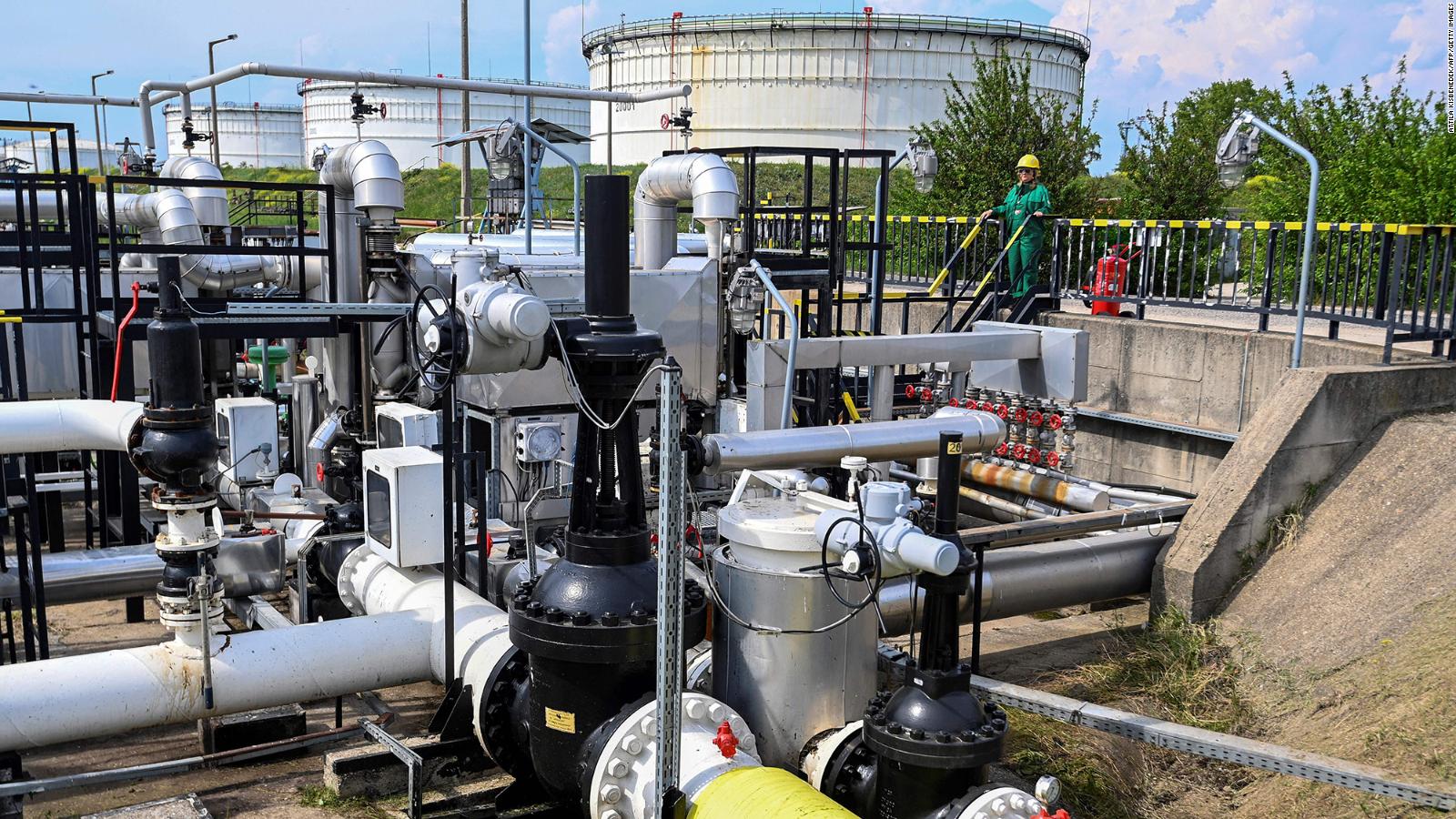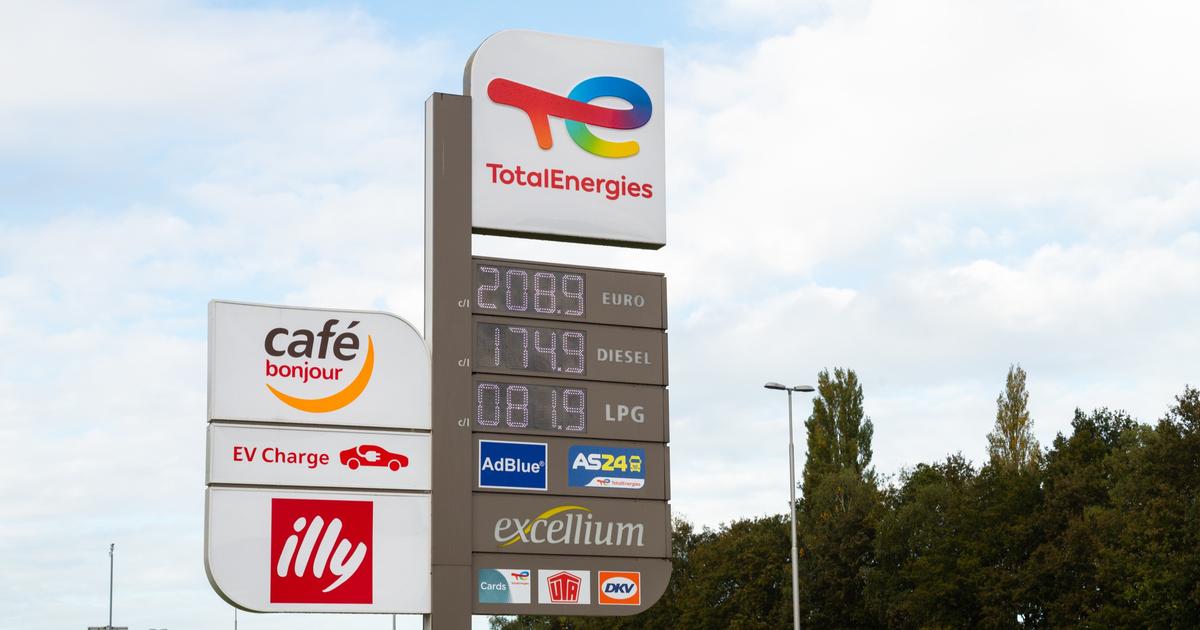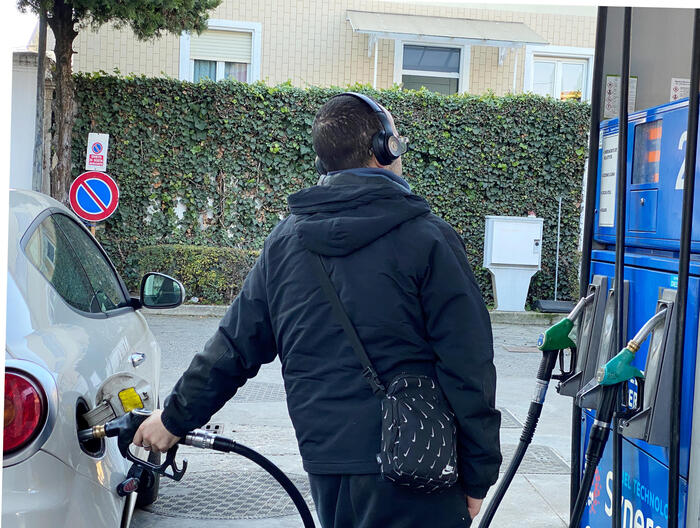OPEC maintains policy of low crude production 0:53
(CNN) --
Europe scrambles to buy diesel from Russia before an import ban takes effect in early February, but frenzied stockpiling is unlikely to prevent a fresh shock to fuel prices for truckers, drivers and Business.
In the first two weeks of January, European countries bought nearly 8 million barrels of Russian diesel, according to energy data provider Vortexa, roughly on par with imports this time last year before Russia invaded Ukraine.
Imports in the fourth quarter of 2022 were up nearly 19% over the same period a year earlier.
Why is diesel more expensive than regular gasoline in the United States?
Since the invasion of Russia in February last year, the European Union has made a major effort to disassociate itself from Moscow's oil and natural gas supply.
That has included a ban on all Russian crude oil imports by sea, which took effect in December.
EU countries slashed their crude imports from Russia before the ban, but that's not happening for diesel because it's much harder to find alternative fuel sources.
Russia is the bloc's biggest supplier, accounting for 29% of its total diesel imports last year, Rystad Energy data shows.
Fuel is the "economic workhorse" of the continent, Mark Williams, director of research at Wood Mackenzie, told CNN.
It is used to power the "vast majority" of the transport of goods and basic products across Europe, he said, as well as powering the bloc's fleet of diesel cars.
About 91% of vans and 96% of all trucks run on diesel, as well as about 42% of passenger cars, according to the European Automobile Manufacturers Association.
advertising
"The main difference we see is that Europe was, for months, cutting back on imports of Russian crude before the December deadline started," Jay Maroo, a senior analyst at Vortexa, told CNN.
“In diesel we see the opposite, where imports have picked up, almost in a final run before the finish line,” he added.
In the last three months of 2022, the bloc imported an average of 604,000 barrels a day of Russian diesel via tankers, compared with 508,000 barrels a day imported during the same period a year earlier, Vortexa data shows. .
higher prices
The EU ban will restrict the global diesel market, Williams said, unless Russia can successfully divert its cargoes to Latin America and Africa, regions it normally imports from the United States.
That would free up US barrels to ship to Europe, filling the void left by Moscow, he said.
But importing diesel from suppliers further afield, including the United States and Saudi Arabia, will increase freight costs, pushing up consumer prices, he said.
“We expect diesel prices to rise in Europe.
We're expecting sort of a peak in February or March," Williams said.
According to Wood Mackenzie estimates, the price of a barrel of diesel will average US$40 during the first three months of this year.
That's 470% more than the average price for all of 2021, before the Russian invasion sent prices skyrocketing.
The average cost in the EU of a liter of diesel at the pump reached 1.77 euros (1.92 dollars) on January 9, compared to 1.50 euros (1.63 dollars) in the same period last year. , according to data from the European Commission.
France at risk
France could be especially affected.
Europe's second-largest economy is also its biggest buyer of diesel, responsible for 22% of all maritime imports in the last three years, according to Vortexa data.
But Jorge León, a senior vice president at Rystad Energy, told CNN the impact of the ban will not be felt immediately in Europe due to the large amount of diesel in its stock.
The European Union has also "done its job to find alternative suppliers," he said, including Kuwait, which opened a huge oil refinery in November capable of producing 600,000 barrels a day of diesel.
That could help cushion the shock of the loss of Russian supplies.
But if Europe sees a strong rebound in demand as the economy recovers, consumers can expect price increases, he added.
“The deliveries are going to be a little more expensive…filling up the car is going to be a little more expensive,” León said.
Diesel






